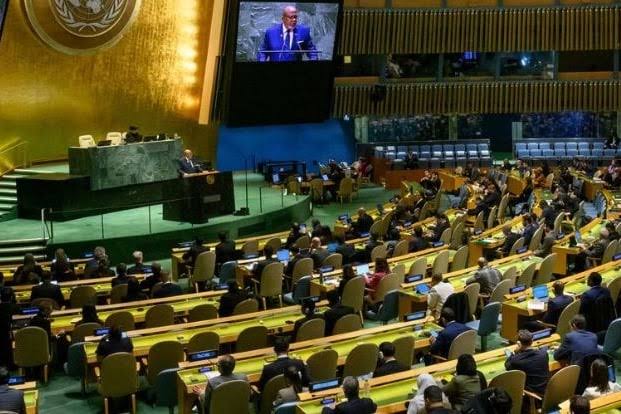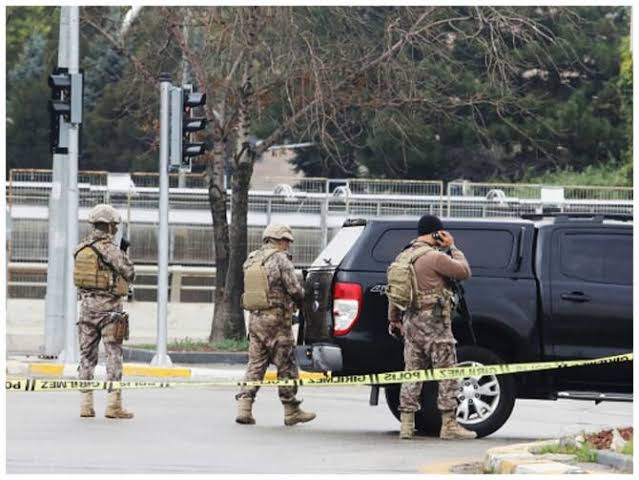United Nations: Turkish President Recep Tayyip Erdogan raised the Kashmir issue during his address at the 78th session of the UN General Assembly (UNGA). He said that peace in Kashmir is key to regional peace and development in the South Asian region.
During his address, he said, “Another development that will pave the way for regional peace, stability, and prosperity in South Asia will be the establishment of a just and lasting peace in Kashmir through dialogue and cooperation between India and Pakistan.”
Erdogan added, “As Turkiye, we will continue to support the steps to be taken in this direction.”
The Turkish President’s commentary comes weeks after he met Prime Minister Narendra Modi on the sidelines of the G20 Summit in New Delhi. At the bilateral meeting, both leaders discussed ways to strengthen bilateral trade and infrastructure.
On the issue of reform within the United Nations, Erdogan had said that it was a matter of pride that India was playing a role in the United Nations Security Council (UNSC).
He proposed that he favoured making five permanent and 15 “temporary” members as permanent members of the UN Security Council.
Regarding his proposition, he said, “Those 20 (5+15) should be permanent members of the UNSC in rotation. But as you know, the world is bigger than five. When we say the world is larger than five, what we mean is that it’s not only about the US, UK, France, China, and Russia.”
It is notable that Erdogan has been unsolicitedly raking the Kashmir issue over the past few years during his UNGA addresses.
Last year, he raked up the issue of Kashmir saying, that India and Pakistan, after having established their sovereignty and independence 75 years ago, still haven’t established peace and solidarity between one another.
He added that this is very unfortunate and we hope and pray that a fair and permanent peace and prosperity will be established in Kashmir.
Previously, in 2020, in a pre-recorded video statement, Erdogan had made a reference to Jammu and Kashmir. Responding to his address, India had termed it as completely unacceptable, asserting that Turkey should learn to respect the sovereignty of other nations and reflect on its own policies more deeply.


















